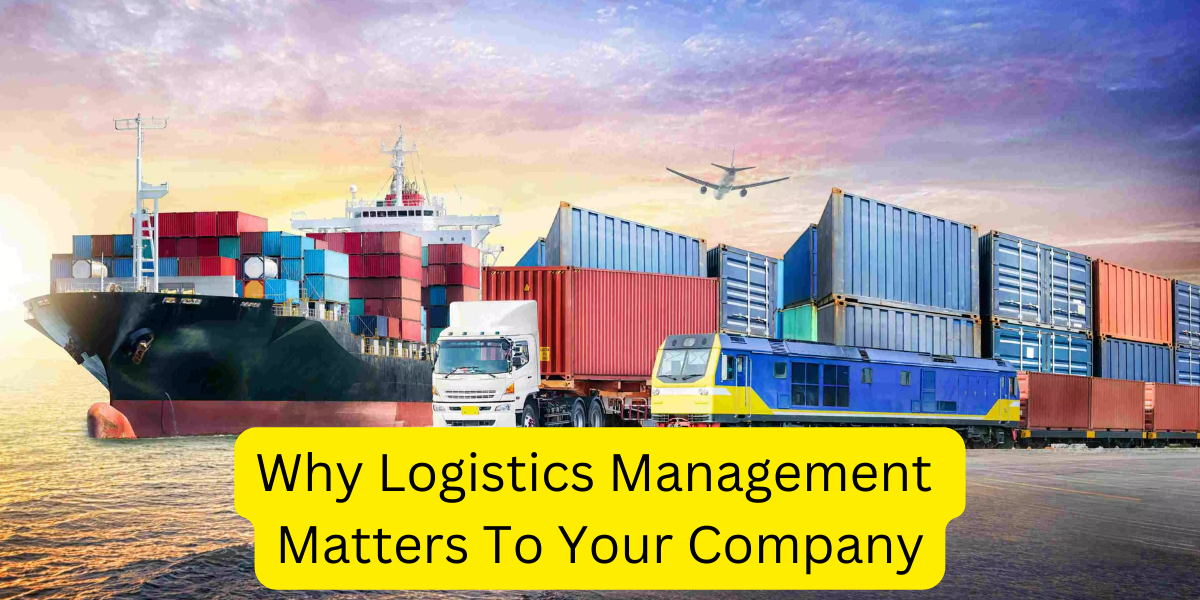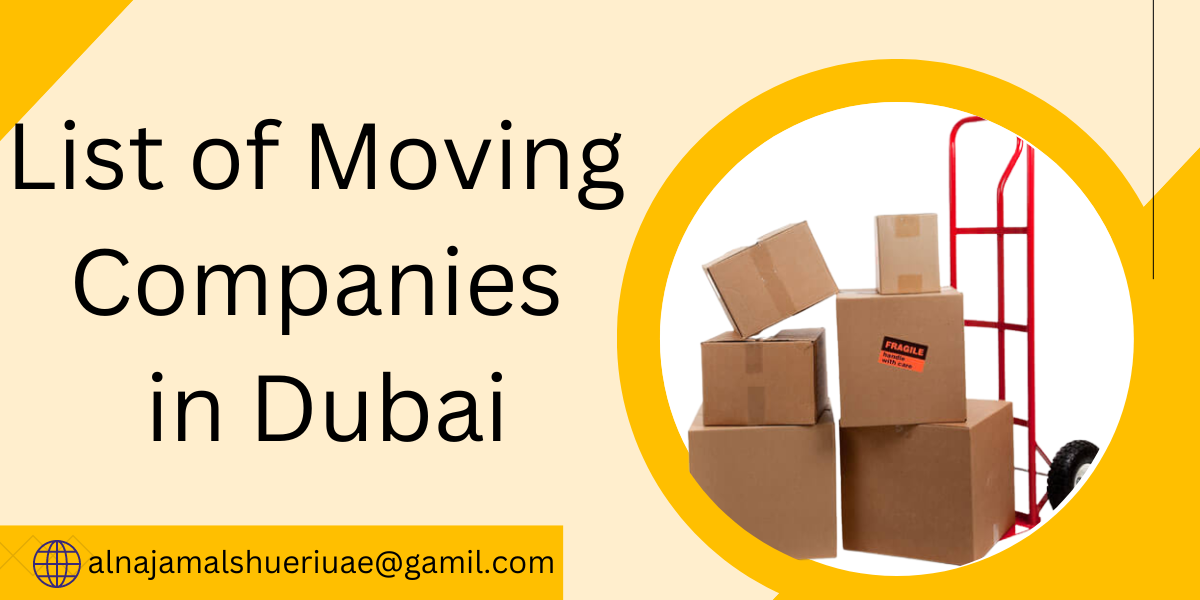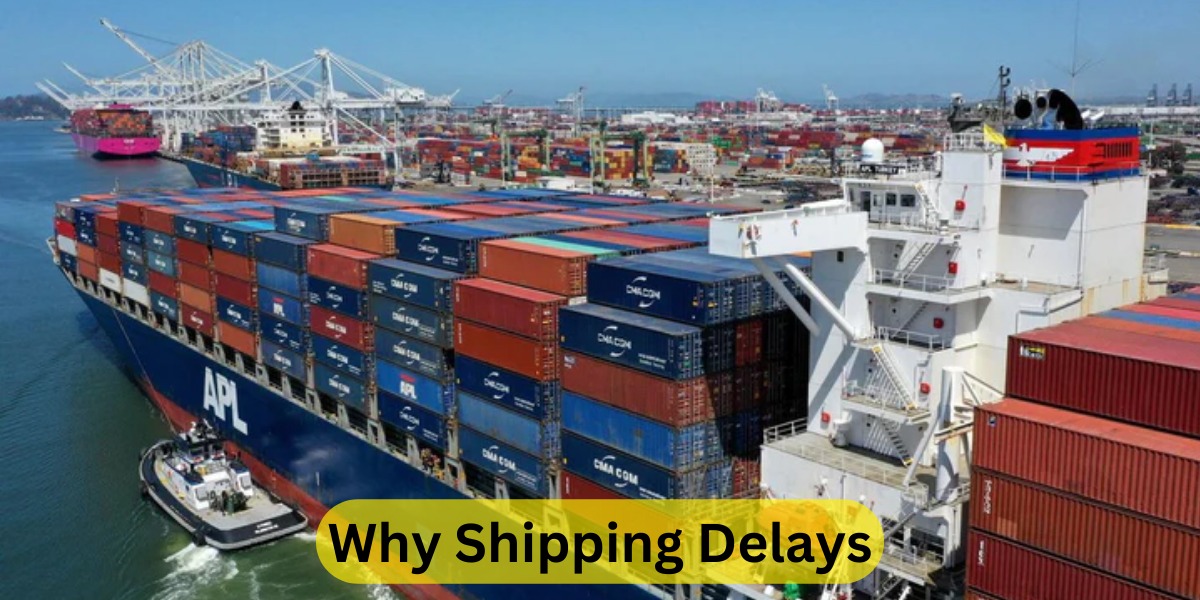What Logistics Do
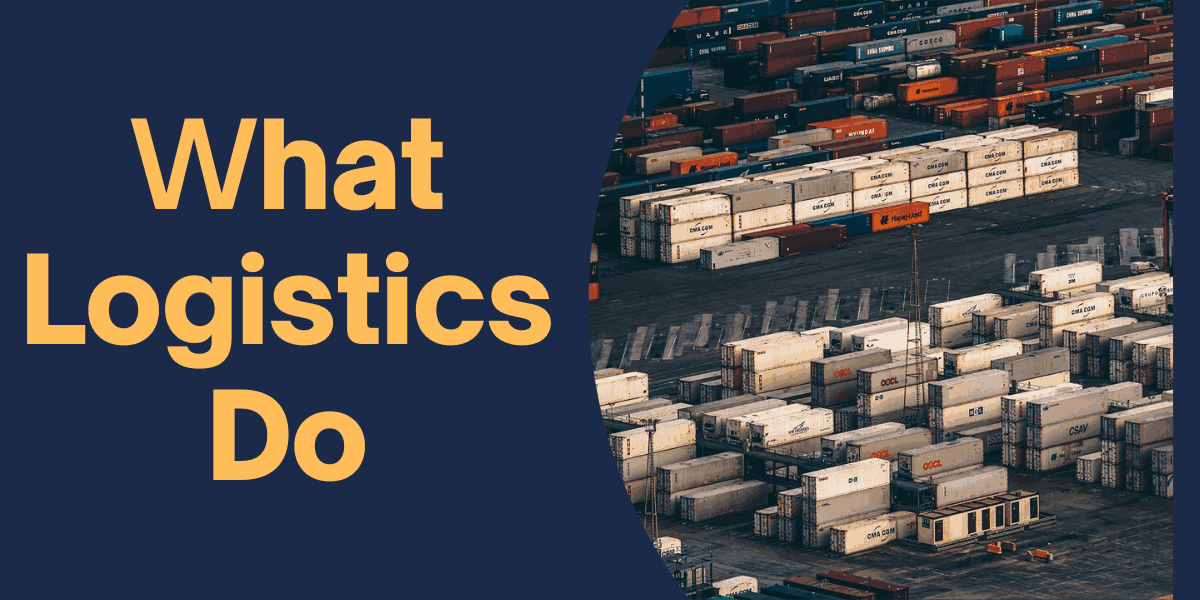
logistics, what is it and what does it do? This post will explore this question in more depth, discussing the different facets of logistics and how it can be used to improve your business. Logistics is the process of planning, implementing, and controlling the efficient and effective movement of goods and services.
It is a crucial part of any supply chain and plays a vital role in the success of a business. By understanding and utilizing logistics, you can optimize your operations and ensure that your products or services are delivered on time and to the correct location.
What is logistics?
Logistics is the coordination and management of the movement of resources, goods, or people. It encompasses everything from the procurement and transportation of raw materials to the distribution of finished products. In other words, logistics is the art and science of getting things done.
The term “logistics” originated during World War II, when military planners began using it to describe the movement of supplies and personnel. Today, logistics is an essential part of many businesses and industries, including manufacturing, retail, healthcare, and even information technology.
A well-run logistics operation can be a competitive advantage for a company. It can help to improve customer satisfaction by ensuring that products are delivered on time and in good condition. It can also reduce costs by optimizing the use of resources such as transportation, warehousing, and inventory.
However, managing logistics can be a complex and challenging task. There are many factors to consider, such as lead times, delivery schedules, transportation routes, storage capacities, and more. To be successful, companies need to have a clear understanding of their supply chain and how each link fits together. They also need to have strong relationships with their suppliers and service providers.
The different types of logistics
In business, logistics can be refer to as the movement of goods and materials within a company or between companies. Logistics management is the process of organizing and coordinating these movements.
There are different types of logistics, which include inbound logistics, outbound logistics, third-party logistics, and reverse logistics.
Inbound logistics refers to the transportation and storage of goods coming into a company. This might involve receiving raw materials from suppliers and getting them ready for production.
Outbound logistics is the opposite of inbound logistics, and it involves shipping finished products from a company to customers or retailers.
Third-party logistics is when a company outsources its logistic operations to another company. This can be done for inbound or outbound logistics, or both.
Reverse logistics is the process of returning goods back to the supplier or manufacturer. This might happen if there was a problem with the product or if the customer changed their mind about the purchase.
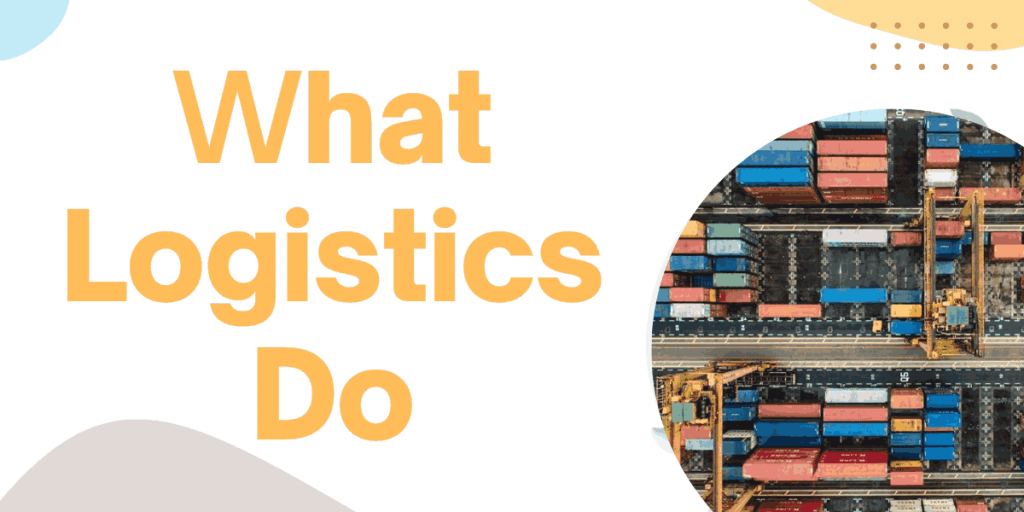
What do logistics do?
In short, logistics is the coordination of the movement of goods from point A to point B. But there’s much more to it than that. Here are some of the things that logistics professionals do:
- Plan and coordinate transportation routes
- Schedule shipments and deliveries
- Track shipments and deliveries
- Coordinate warehousing and storage
- Ensure compliance with shipping regulations
- negotiate shipping contracts
- manage inventory
- handle customer service issues
The benefits of logistics
Logistics is the process of planning, implementing, and controlling the efficient, effective flow of goods and services from point of origin to point of consumption. In a business setting, logistics can be used to optimize the transportation of goods within a company or between different companies.
There are many benefits to incorporating logistics into your business. First, it can help to save time and money by reducing or eliminating unnecessary steps in the supply chain. Second, it can improve customer satisfaction by ensuring that products arrive on time and in good condition. Third, it can increase efficiency by reducing inventory levels and improving coordination between different parts of the supply chain. Finally, it can help to improve your company’s environmental sustainability by reducing emissions from transportation.
The challenges of logistics
There are many challenges that logistics face. One of the biggest challenges is coordinating the various transportation systems so that goods can move smoothly from one location to another. This includes ensuring that there are enough vehicles and drivers available, as well as making sure that routes are planned efficiently.
Another challenge is dealing with unexpected delays or disruptions. This can be anything from traffic jams to bad weather, and it can often lead to goods being delivered late or even getting lost.
Logistics also need to be able to adapt to changes in demand. This might mean adding new routes or changing existing ones, as well as increasing or decreasing the number of vehicles and drivers available.
Finally, logistics need to be able to deal with any regulatory changes that might affect them. This could include changes in customs procedures or new environmental regulations.
The future of logistics
What does the future of logistics hold? This is a question that is on the minds of many in the industry. With the rapid pace of change in the world today, it is hard to predict what will happen next. However, there are some trends that are emerging that could shape the future of logistics.
One trend that is gaining momentum is the move towards digitalisation. This is being driven by advances in technology, which are making it possible to automate more and more processes. This means that more information can be stored electronically, and that decision-making can be based on data rather than intuition.
Another trend that is likely to have an impact on logistics is the increasing focus on sustainability. This means that businesses are looking for ways to reduce their environmental impact, and this is likely to lead to changes in how goods are transported. For example, we may see an increase in the use of rail transport, as it produces lower emissions than road transport.
These are just some of the trends that could shape the future of logistics. It is impossible to predict exactly what will happen, but one thing is certain: the world of logistics is changing, and businesses need to be prepared for it.
If Your Looking For Best Local Logistics Company In Dubai , How Nextmover.
Logistics is the process of planning, implementing, and controlling the efficient, effective flow and storage of goods, services, and related information from point of origin to point of consumption for the purpose of conforming to customer requirements. In other words, logistics is all about getting things from Point A to Point B in the most efficient way possible.

